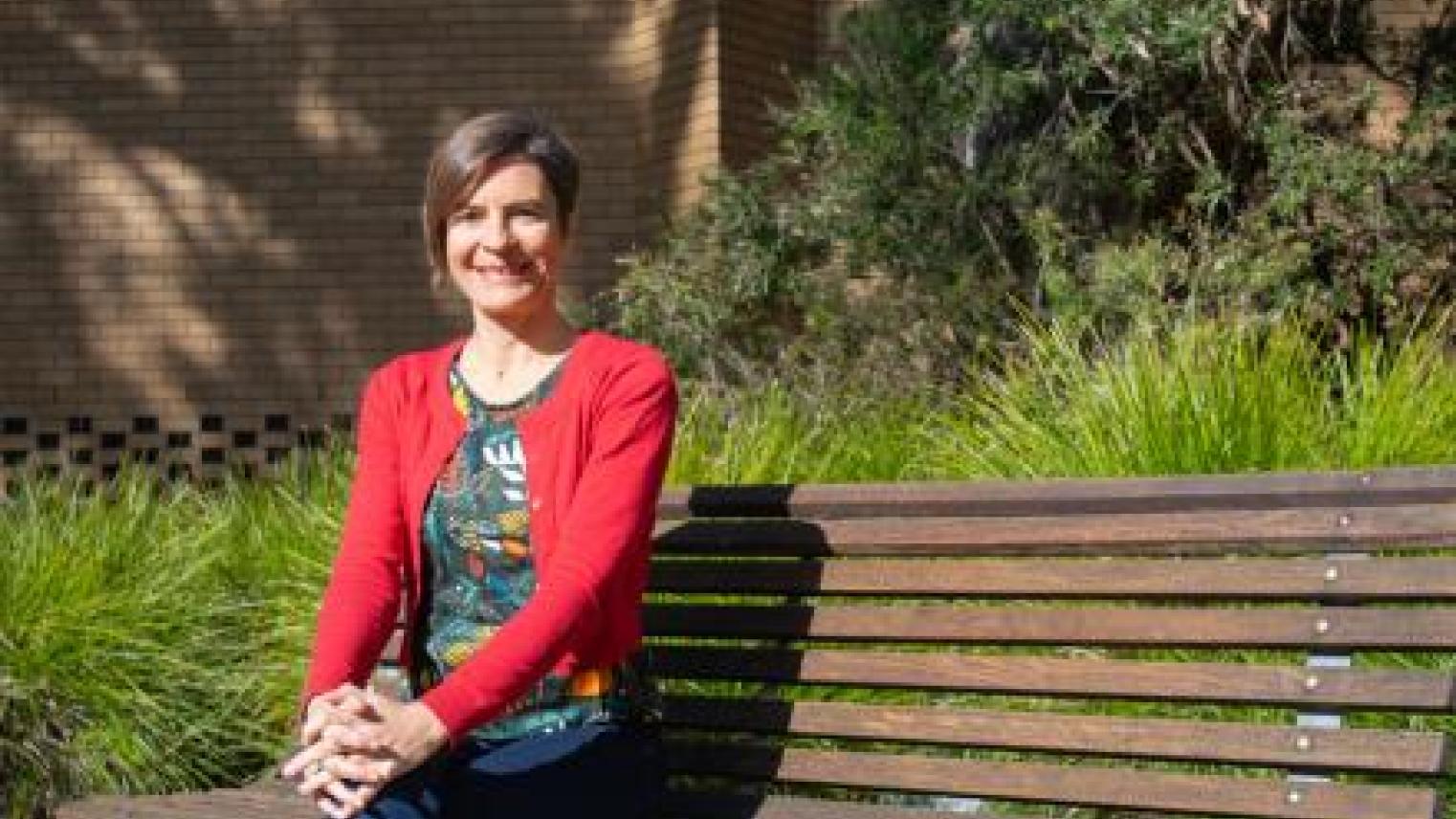Lia Kent, RegNet's new ARC Future Fellow

We are delighted to announce that Dr Lia Kent from the School of Regulation and Global Governance (RegNet) has been awarded the prestigious ARC Future Fellowship for her project Local responses to missing persons and post-conflict peacebuilding.
Over 100,000 people are missing around the globe due to various conflicts, creating enormous challenges for societies attempting to rebuild. This project aims to bring to the fore local understandings of ‘the missing’ and family and community attempts to resolve the social and political dilemmas ‘the missing’ create.
Lia, while relieved at the prospect of having a job for the next four years given these difficult and precarious times in academia, is also excited at the possibilities the Fellowship opens up for her to extend her research.
“I am especially excited at the potential to build my research relationships internationally and to work with, and mentor, a new generation of researchers in Australia and the Asia-Pacific.
“I am really pleased that the ARC recognises the need for a project which focuses on how we might develop better understandings of, and responses to, the problem of conflict-related missing persons. This is an issue that has been neglected in studies of post-conflict peacebuilding and yet is critical to building sustainable peace.”
With a focus on Timor-Leste and Sri Lanka, the project will be the first large-scale comparative ethnography of local practices around ‘the missing’, and their interrelationship with the practices of state, international and non-government organisation (NGO) actors. “‘The missing’ tend to be narrowly interpreted as a human rights problem to be resolved through transitional justice mechanisms or an inconvenient political problem to be resolved through bureaucratic control. This project starts from the premise that ‘the missing’ is a multifaceted problem that demands an interdisciplinary approach and close attention to local understandings and agency.”
RegNet School Director Professor Kate Henne congratulated Lia on her accomplishment and for bringing the first ever ARC Future Fellowship to RegNet.
“This is a fantastic outcome that attests to the importance of Lia’s work on post-conflict recovery. This project promises to advance understandings of processes that are central to peacebuilding and to develop more robust methodological approaches to comparative analysis.”
Lia, who was awarded the ARC Discovery Early Career Researcher Award (DECRA) in 2015, has been conducting research on peacebuilding in Timor-Leste for nearly 20 years. In her recent DECRA project on how East Timorese communities are remembering the violence of the Indonesian occupation, she documented the widespread practices of local communities and families in searching for, identifying, and reburying of the bodies of those who died during the 24-year Indonesian occupation.
“I began to puzzle over how families grieve, mourn, and rebuild their lives and communities when the fate of ‘the missing’ is not known, and their bodies cannot be identified or recovered. ‘The missing’ occupy an ambiguous or ‘in-between’ status as they are neither alive nor confirmed dead, neither present nor fully absent,” Lia reflected. This has prompted questions such as: how does this ‘in-between-ness’ disrupt grieving, community relationships and the creation of new political communities; what urgent new practices and rituals are propelled by ‘the missing’; and how do these practices intersect with the politics of state-building, bureaucratic control and international practices of transitional justice?
In the past three years, her interest in these questions has deepened while living in Sri Lanka, which has one of the highest numbers of missing persons in the world. In both Timor-Leste and Sri Lanka, there has been considerable friction between official responses to the problem of ‘the missing’ and families and communities. For instance, in Sri Lanka, the government has established an Office for Missing Persons that has been met with distrust from families and Mothers of the Disappeared groups, who conduct daily protest vigils to demand their missing relatives be returned alive. In Timor-Leste, the government has tried to prevent expensive local and family-led practices of searching for ‘the missing’, yet these practices continue.
Lia hopes this project will contribute to new ways of conceptualising the problem of ‘the missing’ in peace and conflict studies that can help foster more effective international, state and NGO responses. She will be engaging with policymakers in Timor-Leste and Sri Lanka as well as with international organisations working on missing persons, including the International Committee on the Red Cross.
Lia envisions long-term research partnerships with scholars in the Asia-Pacific region to strengthen the capacity of emerging researchers. She mentions an urgent need to ‘decolonise’ scholarly research on the Global South, which remains dominated by scholars from the Global North.
“I hope to make a modest contribution to the project of decolonisation by fostering a network of scholars and activists in the Asia-Pacific region working on ‘the missing’ and related themes. I will also mentor research assistants in Timor-Leste and Sri Lanka and encourage them to pursue their own research projects,” Lia explains.